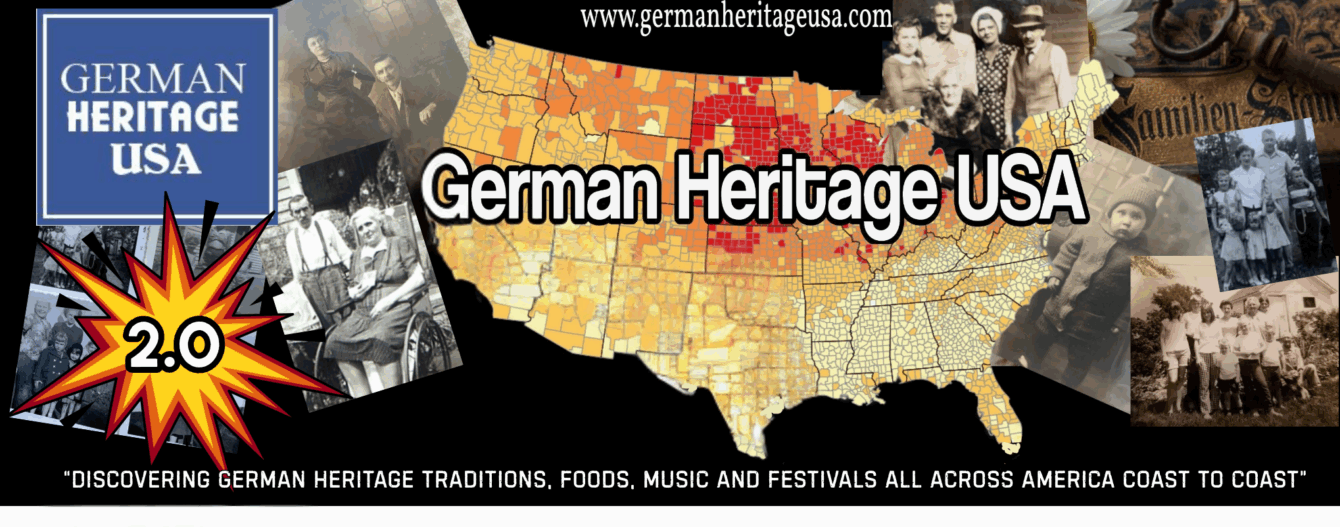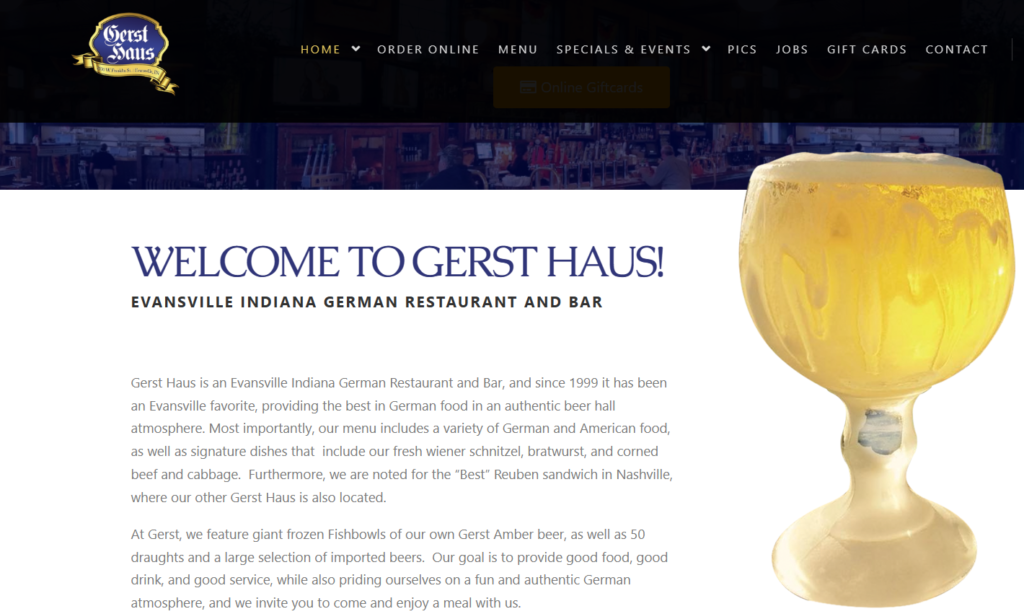From Derby Glory to Drafts: Story of the 1910 Kentucky Derby Winner Donau and the Gerst Brewery
GERMAN HERITAGE USA | AFFILIATE DISCLAIMER: This post may or may not contain affiliate links which means we may receive a commission for purchases made through links. We will only recommend products that we have personally used or that we truly trust. Learn more on our Private Policy and Disclaimer Page located under our Terms Of Service tab above.
Nestled in the heart of Evansville Indiana’s West Side, the Gerst Haus Restaurant beckons with its hearty German fare and warm ambiance. The roots of the Gerst Haus begins even before the great Kentucky Derby race in 1910.

But beyond the clinking steins and plates piled high with sausages lies a captivating story – a history woven with threads of brewing heritage, and a champion racehorse named Donau, that won the 1910 Kentucky Derby.
From Humble Beginnings to Brewing Greatness
The story begins with William Gerst, a German immigrant who brought his passion for brewing to Nashville in the late 19th century. In 1890, he established the Gerst Brewing Company, a cornerstone of Nashville’s brewing scene.
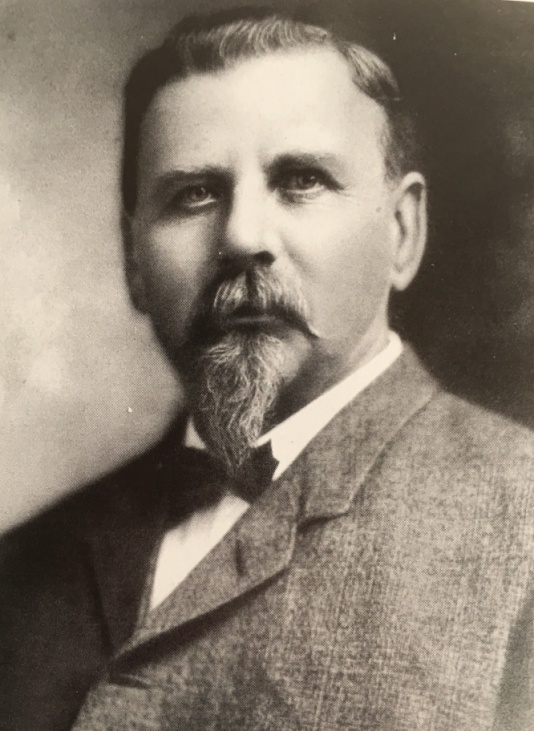
Gerst’s dedication to quality and tradition made his brews renowned, with the Gerst Amber Ale becoming a local favorite.
Donau: The 1910 Kentucky Derby Champion with a Gerst Haus Connection
Adding another layer of intrigue to the story is Donau, a spirited thoroughbred who defied the odds to win the 1910 Kentucky Derby. Owned by William Gerst himself, Donau’s victory cemented the Gerst name in racing history.
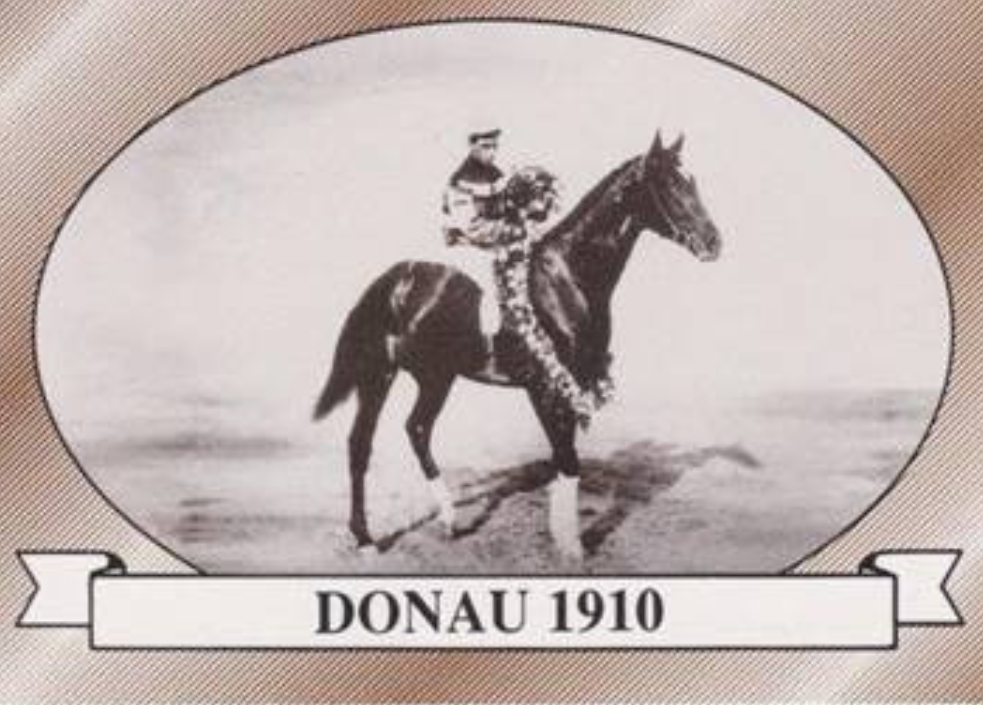
Donau, the winner of the 1910 Kentucky Derby, was named after the Danube River in Europe. The Danube River is known by the German name “Donau”, which is where the horse’s name originated from. Donau was bred by Col. Milton Young and owned by William Gerst Sr., a Nashville brewing magnate.
The horse was purchased as a yearling for $350 and sent to Gerst’s Vinehill stables for race preparations.
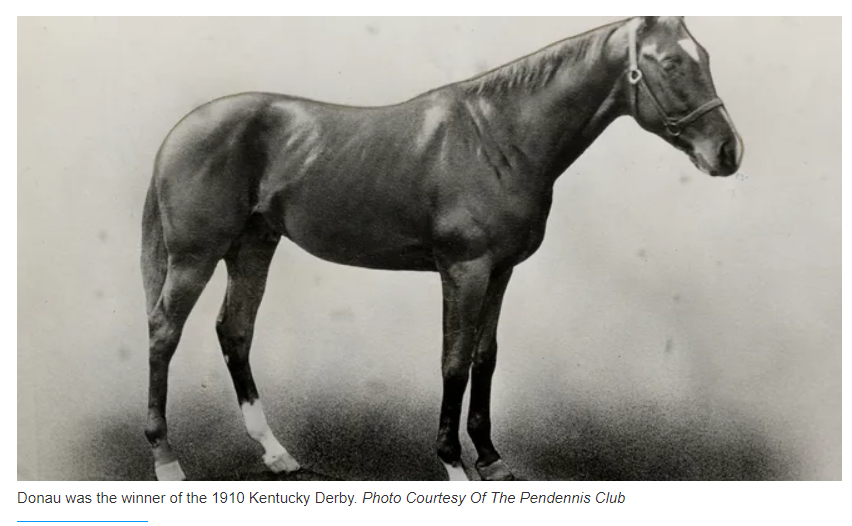
In his second year of racing in 1910, the 3-year-old Donau entered the Kentucky Derby and emerged victorious, winning a purse of $4,850. Donau was jockeyed by Frederick Herbert and trained by George Ham.
The Gerst Brewing Company
The story of Gerst Brewing Company and its legacy intertwines with the history of Nashville itself. It’s a tale of German immigrant spirit, thriving local businesses, and a dedication to quality that continues to resonate today.

The roots of Gerst Brewing Company trace back to 1859 with the establishment of the Nashville Brewing Company. This early iteration changed hands several times before William H. Gerst, a German immigrant with a brewing pedigree, entered the picture.
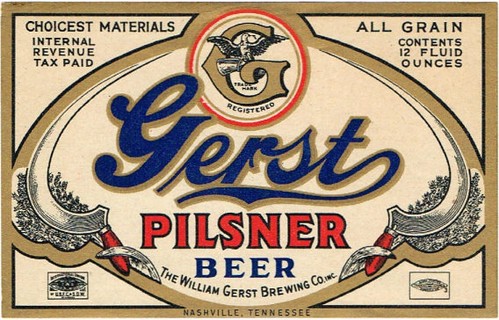
In 1890, Gerst partnered with Christian Moerlein, another prominent brewer, to acquire the Nashville Brewing Company. They renamed it the Moerlein-Gerst Brewing Company. However, Gerst’s ambition and brewing expertise soon led him to buy out Moerlein in 1893, solidifying the brewery’s identity as the William Gerst Brewing Company.
A Nashville Icon Takes Shape (1890s-1950s)
Under Gerst’s leadership, the brewery flourished. He oversaw the construction of a massive new facility on 6th Avenue South, capable of producing 50,000 barrels of beer annually.

Gerst Brewing Company became a cornerstone of Nashville’s industry, offering a wide range of beers, with the Gerst Amber Ale becoming a local favorite.
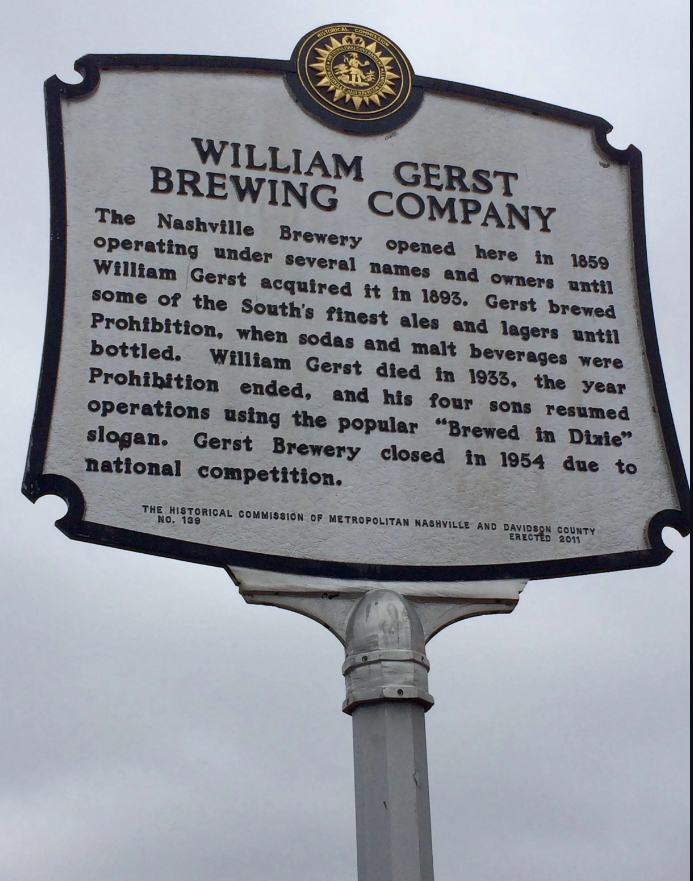
The brewery’s success wasn’t confined to production. Its location, near the Metro Courthouse and State Capitol, made it a natural gathering place for Nashville’s powerbrokers – attorneys, judges, politicians, and even early country music stars.
These patrons enjoyed not just the high-quality brews, but also the lively atmosphere and sense of community fostered by Gerst’s establishment.
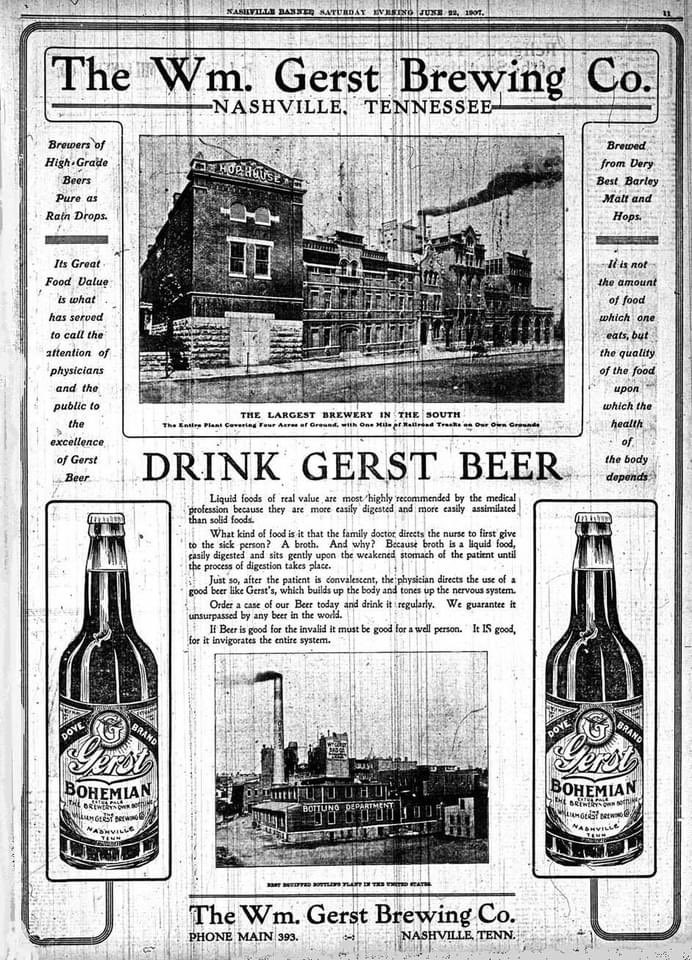
Prohibition and Beyond (1920s-1950s)
The arrival of Prohibition in 1920 dealt a devastating blow to the Gerst Brewing Company, forcing it to cease production. However, the Gerst spirit wouldn’t be extinguished.
With the repeal of Prohibition in 1933, the brewery resumed operations, capitalizing on the pent-up demand for quality beer. They even launched a major marketing campaign in 1940, celebrating their heritage and Nashville roots.
Despite these efforts, the post-Prohibition landscape was vastly different. National breweries with larger advertising budgets began to dominate the market.
While Gerst Brewing continued to produce its beloved beers, its reach remained primarily local, restricted to Nashville and the surrounding areas.
This marked the end of the Gerst Brewing Company’s presence in Nashville. The brewery itself had already closed its doors in the 1950s, unable to compete with the national giants.
The Gerst Haus German Restaurant Takes Root (1955)
In 1955, William Gerst III, William H. Gerst’s grandson, opened the Gerst Haus restaurant. Located across the street from the original brewery on 6th Avenue South, the Gerst Haus aimed to keep the family legacy alive.
Recognizing the changing landscape, Gerst III focused on providing traditional German cuisine alongside the Gerst brews, offering patrons a taste of the brewery’s heritage. The Gerst Haus quickly became a popular haunt, attracting both longtime fans of the Gerst beers and those seeking a taste of German culture in Nashville.
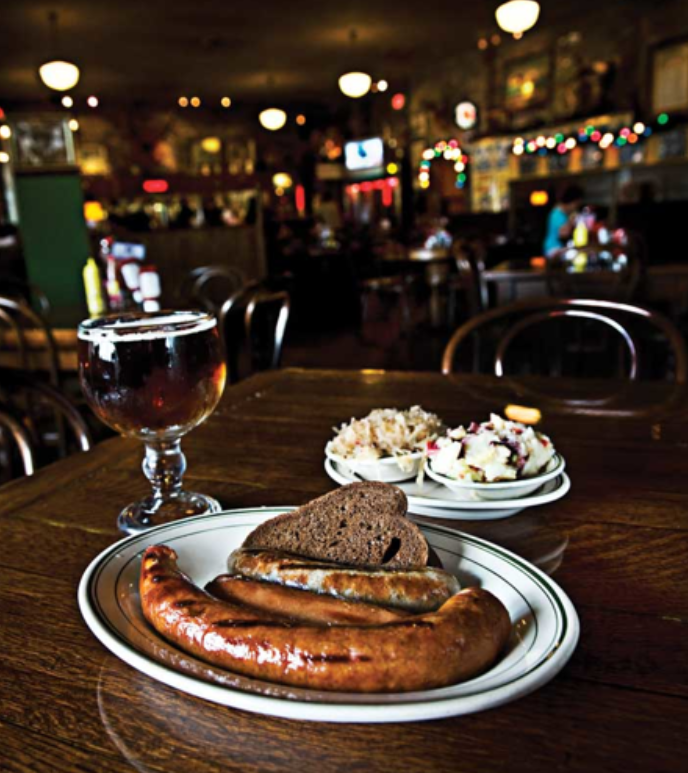
The Gerst Haus, the beloved German restaurant in Nashville, had a storied history and several locations over the years. Let’s explore its journey:
- Original Location (1955): The Gerst Haus opened its doors in 1955 at its original location on Second Avenue N. by William J. Gerst. It quickly became known for its authentic beer hall atmosphere and classic German fare. The restaurant was a favorite spot for locals and visitors alike.
- Move Across the River (1970): Due to urban development, the Gerst Haus moved across the Cumberland River in 1970. It continued to thrive in its new location, maintaining its reputation for hearty German cuisine.
- Final Years in Nashville: The Gerst Haus German Restaurant actually built a brand new “German themed” Restaurant location that was situated at 301 Woodland St. across from Nissan Stadium where the Tenessee Titans play. Unfortunately, after serving Nashville for more than six decades, the Gerst Haus closed its doors for good in 2018.
The restaurant, with its iconic fishbowl-sized beer mugs, left lasting memories for patrons who enjoyed its hearty food and lively atmosphere.
Recognition and Demolition for the Gerst Haus
Although the Gerst Haus is no longer with us, its legacy lives on in the hearts of those who fondly remember those ice-cold, liter-sized beer mugs and the delicious German dishes they served.
A New Chapter in Evansville (present day)
While the Gerst Brewing Company in Nashville became a chapter in the city’s history, the Gerst name found a new home in Evansville, Indiana.

In recent years, a group of passionate individuals, inspired by the Gerst legacy, revived the iconic Gerst Haus Ale. Collaborating with Evansville brewers, they meticulously recreated the original recipe, ensuring that every sip carried the spirit of Nashville’s brewing heritage.
The Gerst Haus restaurant in Evansville Indiana continues to celebrate the Gerst story, with a prominent display dedicated to the Nashville brewery and its founder, William H. Gerst.
While the clientele may no longer be Nashville’s elite, the restaurant fosters a similar sense of community, attracting patrons who appreciate good food, good beer, and a connection to history.
A Legacy that Endures
The story of Gerst Brewing Company and the Gerst Haus restaurants is a testament to the enduring power of quality, tradition, and community. From a small brewery to a beloved Nashville institution, the Gerst name continues to resonate, even across state lines.
A Modern Twist on a Classic Brew
The story of Gerst Haus Ale doesn’t end with resurrecting a historic brew. The team in Evansville understands that tradition thrives alongside innovation.
Here’s a glimpse into how Gerst Haus Ale is embracing the present
While staying true to the spirit of the original Gerst Amber Ale, the Evansville brewers have experimented with new hop varieties and brewing techniques. This has resulted in a range of Gerst Haus Ale variations, offering a taste for every beer enthusiast.
Imagine a crisp Gerst Haus Golden Ale for a summer day or a robust Gerst Haus Black Lager for a cozy evening.
Local Collaborations
The Gerst Haus team recognizes the vibrant craft beer scene in Evansville. They’ve partnered with local breweries to create unique, limited-edition Gerst Haus Ale collaborations. These experimental brews showcase the talent of Evansville’s brewers while keeping the Gerst Haus legacy fresh and exciting.
Community Engagement
The Gerst Haus Ale story is deeply woven into the fabric of Evansville. The team actively participates in local events and festivals, sharing their passion for brewing and the rich history behind the Gerst name. They also host brewery tours and educational workshops, fostering a love for craft beer appreciation within the community.
A Legacy that Lives On
The Gerst Haus in Evansville is more than just a restaurant; it’s a place where history meets innovation every day. They even have the original portrait of DONAU hanging on the wall.
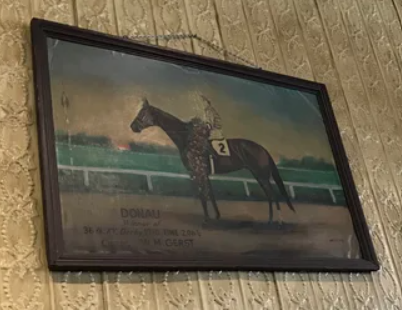
As you raise a glass of Gerst Haus Ale, you’re not just enjoying a delicious beverage; you’re taking a sip of a bygone era, celebrating a champion racehorse, and experiencing the passion of a community that keeps tradition alive.
You can find Gerst Beer on tap and bottled at the Gerst Haus restaurant and at select stores throughout Evansville. Let your taste buds travel through time and experience the enduring legacy of Gerst Brewing Company!
Gerst Haus Ale: A Toast to History and Tradition
Today, Gerst Haus Ale stands as a testament to this enduring legacy. Bottled in Evansville, it’s a bridge connecting Nashville’s brewing past with the present.
As you raise a glass, savor not just the flavor, but the story it tells – a tale of perseverance, passion, and the enduring appeal of craftsmanship. It’s a taste of history, a legacy reborn.
Gerst Haus Restaurant
2100 W Franklin St.
Evansville, IN 47712
(812) 424-1420
